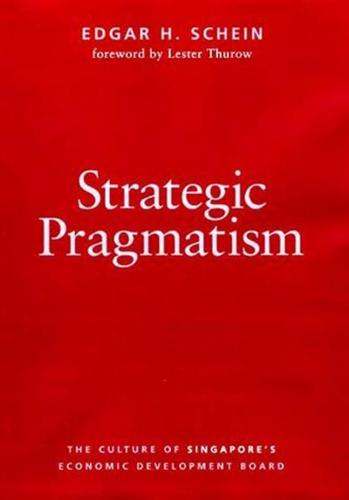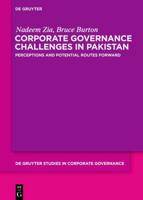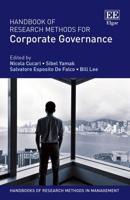Publisher's Synopsis
foreword by Lester Thurow Per capita income in Singapore has gone from $500 to more than $20,000 in a little over twenty-five years. Edgar Schein, a social psychologist with a long and celebrated research interest in organizational studies, examines the cultural history of the key intstitution that spawned this economic miracle. Through interviews and full access to Singapore's Economic Development Board (EDB), Schein shows how economic development was successfully promoted. He delves into the individual relationships and the overall structure that contributed to the EDB's effectiveness in propelling Singapore, one of Asia's "little dragons" into the modern era. In his foreword, Lester Thurrow locates Schein's organizational and case-specific account within a larger economic and comparative framework. Over a period of two years, Schein studied how the EDB was created, the kind of leadership it provided, the management structure it used, the human resource policies it pursued, and how it influenced other organizations within the Singapore government. Schein sat in on EDB meetings and extensively interviewed current and former members of the board, Singapore's leaders who created the board, and businesspeople who have dealt with the board. His book intertwines the perspective of the board's members and its investor clients in an analysis that uses both organization and cross-cultural theory. Although there are currently studies of comparable Japanese and Korean organizations, this is the first detailed analysis of the internal structure and functioning of the economic development body of Singapore, a key player in the Asian and world markets.










